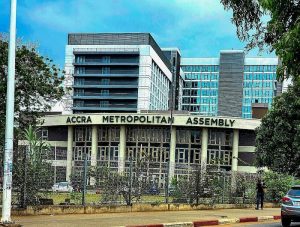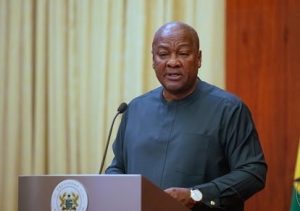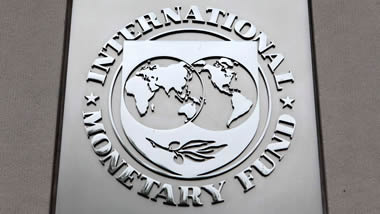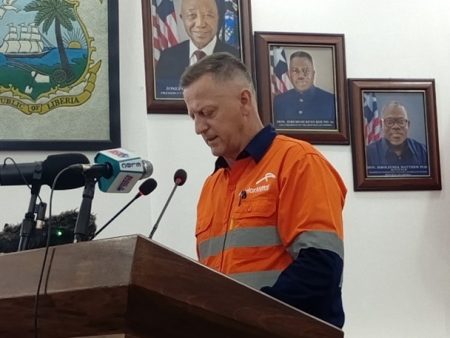The International Monetary Fund (IMF) has reaffirmed its commitment to supporting the Federal Inland Revenue Service (FIRS) of Nigeria in its ongoing reform efforts. This pledge was made during a recent visit by an IMF team to the FIRS headquarters in Abuja. Paulo Paz, a Senior Economist at the IMF’s Fiscal Affairs Department, commended the FIRS for significant progress in its core responsibilities, particularly in light of newly enacted tax laws. The visit aimed to identify specific areas where the IMF could further assist the FIRS in navigating the challenges posed by these legislative changes. This collaborative approach underscores the importance of modernizing tax administration for effective revenue mobilization in Nigeria.
The IMF’s endorsement of the FIRS’s progress highlights the agency’s commitment to enhancing its operational efficiency and effectiveness. Paz specifically acknowledged the “good work” the FIRS has been doing under the leadership of its Chairman, Zacch Adedeji. The new tax laws are expected to have a significant impact on the Nigerian economy, and the IMF recognizes the increased responsibilities they place on the tax administration. The IMF’s willingness to partner with the FIRS demonstrates its confidence in the agency’s potential and its commitment to supporting sustainable revenue growth in Nigeria.
The visit serves as a platform for strengthening the collaborative relationship between the IMF and the FIRS, particularly in light of the FIRS’ planned transition to the Nigeria Revenue Service next year. FIRS Chairman, Zacch Adedeji, expressed his appreciation for the IMF’s ongoing support and emphasized the significance of their collaboration in areas such as portfolio management and compliance programs. He highlighted the importance of data-driven strategies for effective corporate planning and efficient implementation of key initiatives. This strategic partnership ensures continuity in technical assistance and knowledge sharing as the FIRS evolves into its new organizational structure.
The IMF’s involvement extends beyond mere advisory roles to include practical support in several key areas of tax administration. The organization has collaborated with the FIRS on digital transformation initiatives, Value Added Tax (VAT) automation, and the development of robust compliance programs. These initiatives aim to streamline tax processes, enhance transparency, and improve overall revenue collection. The IMF’s technical expertise and international best practices provide valuable guidance for the FIRS in achieving its modernization goals.
The FIRS, with the assistance of the IMF, has undertaken comprehensive evaluations of its tax system using the Tax Administration Diagnostic Assessment Tool (TADAT). These assessments, conducted in 2018 and 2023, identified systemic weaknesses and provided a roadmap for reform. The significant improvements observed in the 2023 TADAT results demonstrate the FIRS’s dedication to institutional excellence and its responsiveness to the recommendations from prior assessments. This commitment to continuous improvement positions the FIRS for greater success in meeting its revenue targets.
The recent tax reform laws, signed by President Bola Tinubu, codify many of the improvements identified in the 2023 TADAT assessment. This alignment between legislative changes and administrative reforms underscores the government’s commitment to a comprehensive approach to tax system modernization. The FIRS is confident that further assessments would reveal even greater progress, demonstrating its ongoing efforts to optimize its operations and enhance its contribution to national development. The partnership with the IMF and the implementation of the new tax laws are expected to significantly strengthen the FIRS’s capacity to effectively mobilize domestic revenue, ultimately contributing to fiscal sustainability and economic growth in Nigeria.














